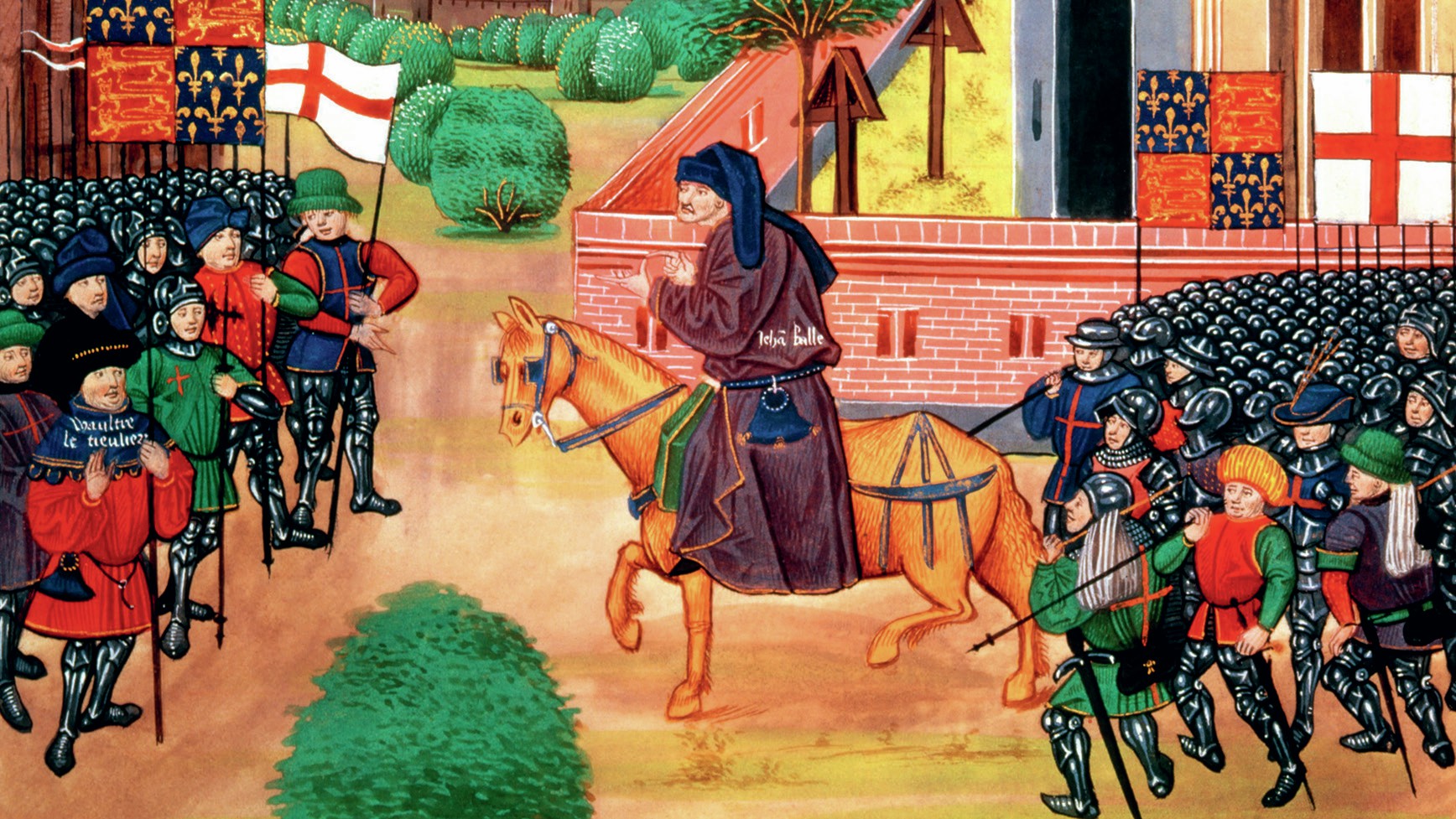
Throughout British history, societies have been held together by formal and informal agreements between rulers and ruled. In each time period from the medieval era to the present day, governments that have ignored or misunderstood this delicate social balance have faced mass protests and revolts.
Both sides are able to wield power and both sides have obligations, responsibilities and commitments. It would be wrong to see peasants throughout the middle ages and the early modern era as entirely powerless or obliged to accept any treatment visited on them by the nobility or the crown. Equally, during the Industrial Revolution, Britain’s working classes developed forms of social and industrial cooperation and solidarity which gave labour greater power against capital.
Your organisation does not have access to this article.
Sign up today to give your students the edge they need to achieve their best grades with subject expertise
Subscribe




